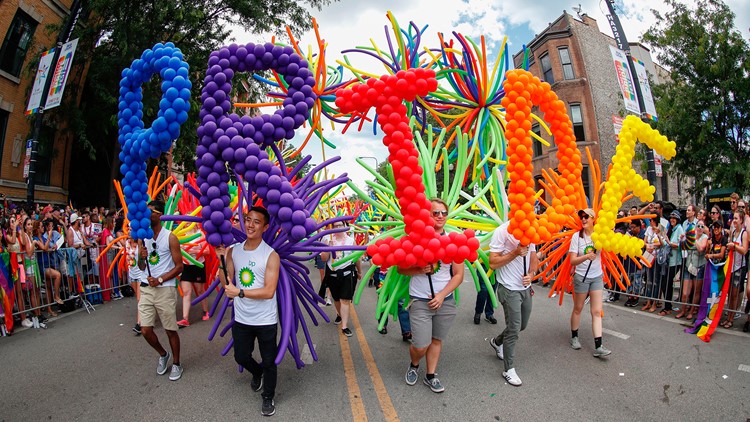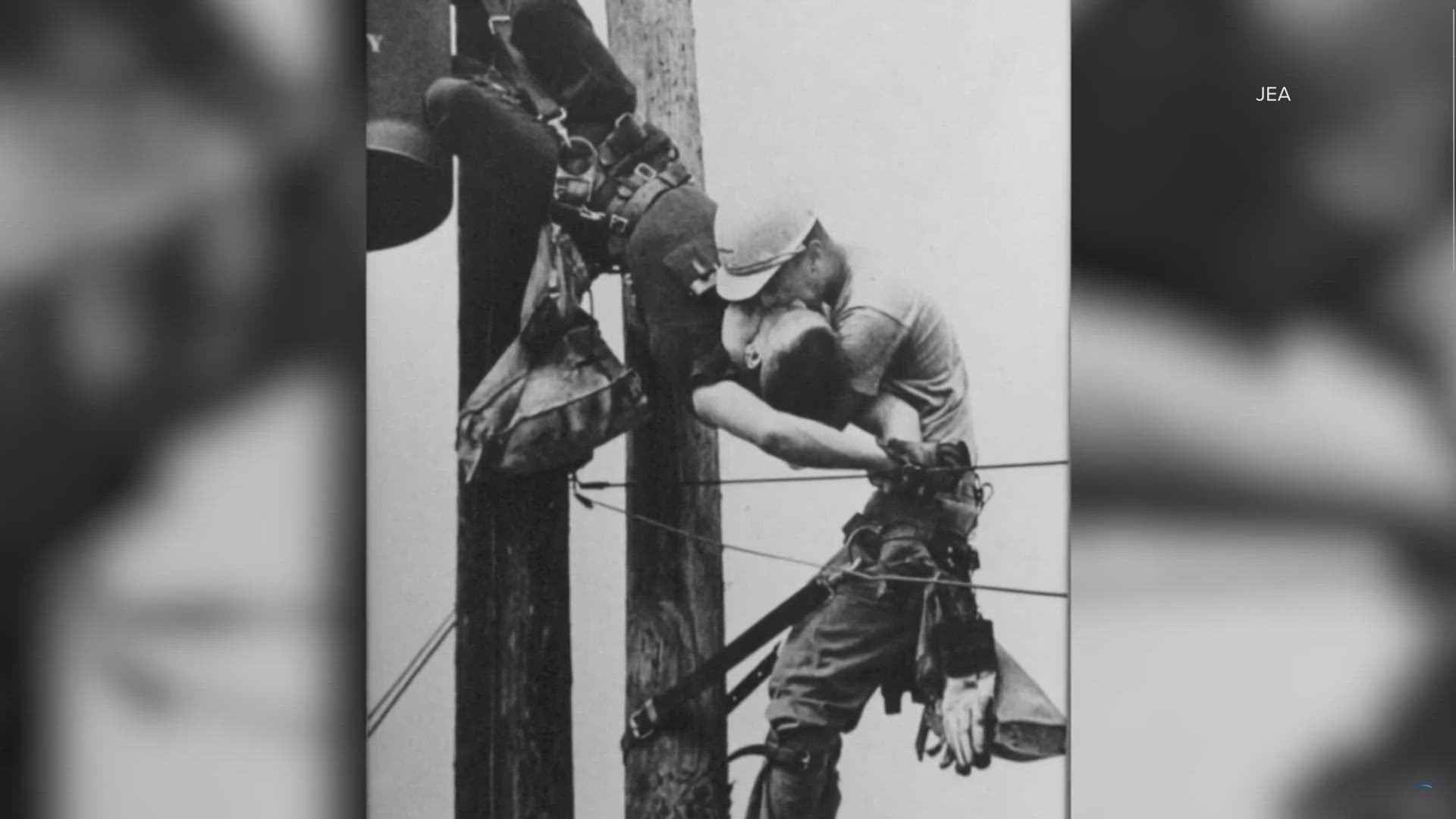Every time a month or week — or even a day — purporting to honor the achievements of a minority group starts, in storms some seldom-silent members of the majority with cries of “What about us?”
In February, it’s, “Well, what about White History Month?”
In March, some men will decry the need for an International Women’s Day, celebrated on the 8th.
June is Pride Month, a time to reflect on and celebrate lesbian, gay, bisexual, transgender and queer history. Undoubtedly — and like clockwork — some will wonder: But what about "Straight Pride"?
The simplest expression to help illustrate the continuing need for these days and months (other than “every day is men’s day” or “white history is celebrated every month” or “straight pride is every day”) is that the squeaky wheel gets the grease.
Never has a person lost their job for being white or straight in North America, or been denied an apartment for being white and straight, or been leered at or attacked by strangers for simply holding hands with their significant others. There is a level of social and systemic privilege not afforded to many members of the LGBTQ community in North America, and certainly in many countries around the world.
Pride is inherently political
Pride has been celebrated every year in June since 1970 after the 1969 Stonewall riotsin New York, when police raided the Stonewall Inn.
In Canada, Toronto’s Pride was launched in similar fashion after protests erupted when police raided four bathhouses in February 1981 and arrested hundreds of gay men.
The motive has always been — and should remain — political. A reminder to all outside and within the LGBTQ community of our thorny relationship with police and the laws that aimed to dehumanize us.
It’s a time to honor how far we’ve come — but also how much further we still need to go.
It’s still perfectly legal in some states for employers to fire people on the basis of sexual orientation or gender identity. According to workplace advocates Out & Equal, only 22 states and the District of Columbia prohibit employment discrimination on the basis of sexual orientation or gender identity.
Canadian Prime Minister Justin Trudeau recently apologized to the thousands of LGBTQ men and women who were fired by government agencies, including the military, between the 1950s and 1992. They were investigated and interrogated, some even forced to undergo polygraph testing, then discharged because they were considered threats to national security. It was a “gay purge,” and it was still happening less than 30 years ago.
Visibility and equality
These fights for acceptance and equality aren’t over.
Living proudly and openly in societies where your well-being (emotional, physical, professional) is constantly at risk is nothing short of brave. The fact that we are seeing more people live openly and honestly despite these challenges is a miracle.
Almost every day, we see threats made against members of the LGBTQ community. The scaling back of hard-earned rights and protections of LGBTQ people, particularly transgender people, is difficult to ignore.
So when straight people ask why there is a need for gay pride or wonder why there aren’t straight pride celebrations, it feels a lot like they are saying contributions by LGBTQ people — a minority group that faces constant adversity — are simply not worthy of recognition. Further, they’re denying the importance and significance of identifying as LGBTQ and achieving things — surviving, even — when the odds are stacked against you.
The resilience of the LGBTQ community alone is worthy of celebration. We are miracles.
Chris Hanna is a Toronto-based editor and writer.



